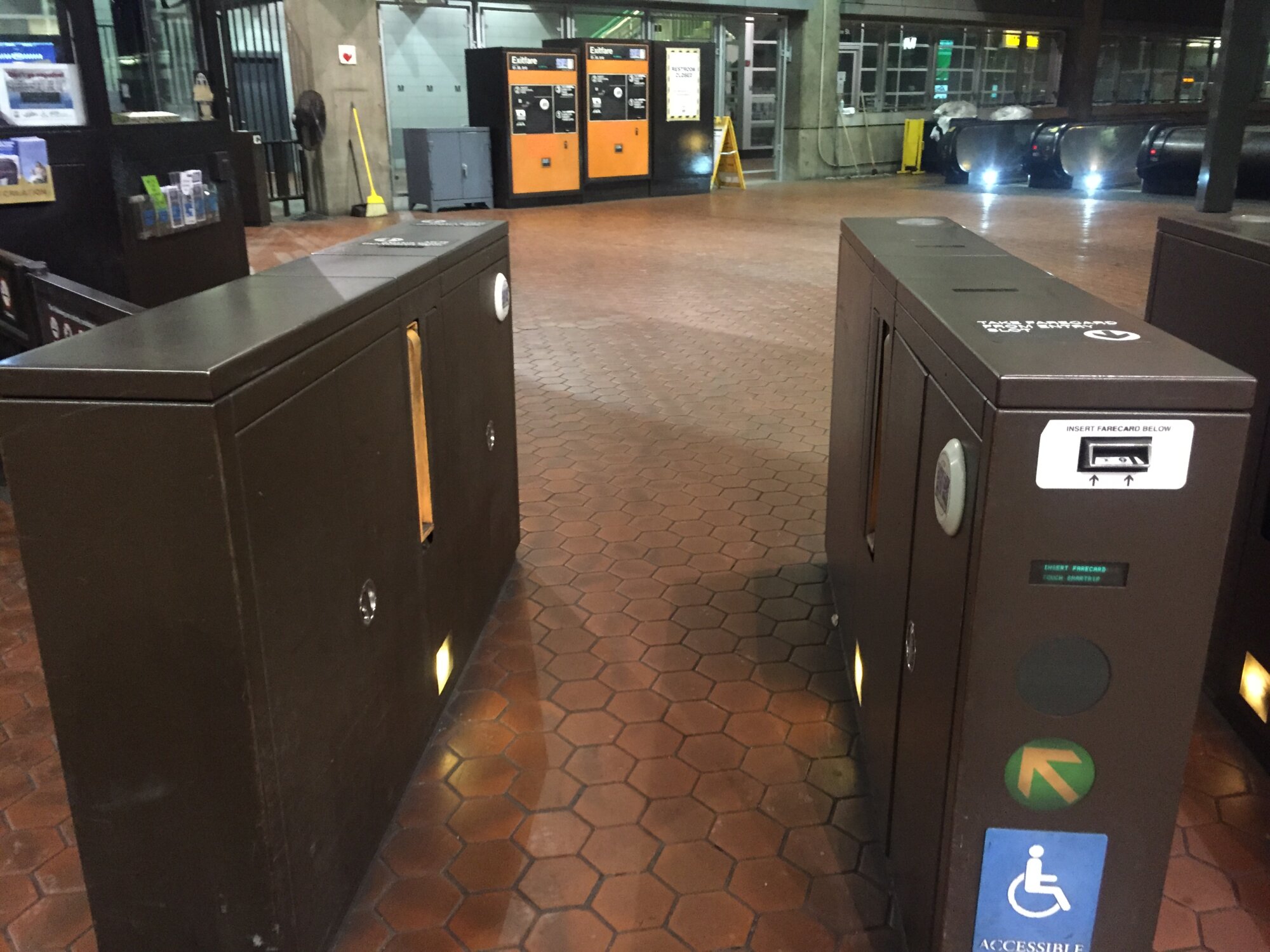WASHINGTON — All public school students in D.C. could soon have free rides to class, following at times heart-wrenching testimony before the D.C. Council this week.
“If you are paying $17.50 for transportation, then you don’t have anything left for small things … like milk or bread,” Angela Wilkinson, of Southeast, told the D.C. Council Finance Committee on Wednesday.
Wilkinson, an adult student at Academy of Hope Adult Public Charter School, joined other adult students and school administrators to emphasize how free transportation could have a big impact.
“Adult learners need assistance with transportation to be a success. The students that are unable to afford their transportation are unable to attend school,” Wilkinson said. “Adult learners are trying to make a decision to go back to school to be proud of themselves and let their kids and grandkids know ‘Don’t give up; it is never too late to be responsible’.”
Without the assistance that D.C. public school students under age 21 get, Wilkinson said she is forced into tough choices.
“Imagine when your child’s class goes on a trip to the Baltimore Aquarium, and you’re not able to let your child go. It hurts so bad; it makes you feel just depressed and upset,” she said.
D.C. Councilmember Robert White said that story broke his heart.
“Adult learners are in a situation where they’re trying to improve their lives; they’re trying to move to the next step, and it’s so heartbreaking when the thing between them and their dream is transportation money,” he said.
A majority of the D.C. Council has signed onto a bill introduced in February that would provide the $2 million needed to expand the D.C. Kids Ride Free Program to cover adult public or alternative school students. Funding for the measure has not yet been identified.
“If we can find the money, we’ll do it,” Councilmember Jack Evans told the students.
According to the D.C. Fiscal Policy Institute, about 60,000 District residents do not have a high school diploma or equivalent, but about 70 percent of jobs require one.
“Low literacy and low educational attainment are root causes of poverty, unemployment, poor health and homelessness,” said DCFPI senior analyst Ilana Boivie.
Christopher Crump, of Southeast, said that without transportation assistance he will not be able to complete his GED.
“If we could ride to school for free, we could get our GEDs and further our education. Right now, I’m unemployed and this would definitely help,” he said.
“I want to get my GED because I want my grandchildren to see that their grandfather got his education and got his GED. It would show that education’s the most important thing in life to have. Without it, you can’t get anywhere. It would show that I took pride in myself to make it,” Crump said.
Advocates told the council that expanding the free ride program would ensure more students show up to class, which would mean the District gets the most from its investment in the schools in the first place. The issue takes on added importance now, with Metro fares scheduled to jump 25 cents each way this summer for buses and off-hour rail trips, and 10 cents each way for peak-hour rail trips.
“We have to get in this country the mindset that public transportation is as important as schools, as police. It is not a luxury; it’s a necessity, particularly for people who don’t have a lot of money,” said Evans, who rarely rides public transit and instead drives his Chrysler convertible around town.
Metro General Manager Paul Wiedefeld confirmed the transit agency can implement the program if D.C. finds the money.
“From a financial perspective, it gives us the stability of dollars that we know are coming in, so that’s a good thing. It also … it’s what we’re here for, is to move people … but there is a financial element to it that needs to be solved,” Wiedefeld said.
Under the existing Kids Ride Free program, the District reimburses Metro for an estimated number of trips that are not recorded when students do not tap their fare cards before boarding a bus or train or when exiting the rail system.
“We’ve had some issues with the regular students program that we worked through with the District, so I think that’s going fairly well,” Wiedefeld said. “There are some other things that we want to work on that — particularly we are moving to a tap-in/tap-out for the entire system, so whoever uses the system, we want them to tap in and tap out. So that is something we’re working with the school district on. But besides that, it is a good program, and the adult one, I think, would be equally as good.”
Wilkinson agreed, explaining that she went back to school like many of her classmates have — in an effort to be a better, proud mom or dad.
“Education is important no matter how long it has been since you were out of school. Waking up knowing you have help to support your transportation in the morning as you start the kids on their way would be a blessing. It would make grandson, grandma and my oldest son, all of us, very happy that we can attend school and the whole house will be on the honor roll,” she said.







